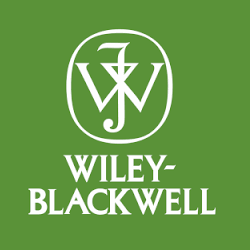Conclusion
We examine whether providing nonaudit services to nonaudit clients impairs audit quality. Recent growth in large accounting firms’ consulting practices has raised concerns that this evolving business model will lead to impairments in audit quality. We conduct an audit market experiment subject to a registration-based editorial process in which we vary the institutional rules governing nonaudit service relationships between auditors and clients in order to study the effect on auditor behavior. We introduce a cooperative consulting services task between manager and auditor participants. We predict that auditor engagement in this task will strengthen the salience of a cooperation norm with management that will carry over into the subsequent audit market and impair audit quality. Our experimental approach allows us to study this effect without independence concerns or the potential benefits of knowledge spillover. In our planned analysis we do not find that the provision of consulting services impairs audit quality uniformly; rather we find that it leads to greater variation between markets with higher high audit quality and lower low audit quality. We predicted cooperating in a consulting task would lead to greater cooperation on the audit task, and predicted cooperation to manifest itself as lower audit quality. However, in principle it could result in higher audit quality if that is what managers prefer. We find variation in manager preferences for audit quality and auditor perceptions of manager preferences. In unplanned analysis, we find half the NAS sessions result in high quality (HQ) markets, with managers most frequently hiring the highest quality auditor providing > 90% audit quality. These NAS HQ sessions have significantly higher audit quality than Baseline and the NAS non-HQ sessions. NAS non-HQ has significantly lower audit quality than Baseline. The results of our unplanned analyses, along with responses from the postexperiment questionnaire suggest that cooperating in the consulting market leads to cooperation in the audit market, with cooperation being dictated by manager preferences. In sessions where managers prefer high audit quality to add credibility to their reports, a cooperative auditor performs high-level verification. In sessions where managers prefer lower audit quality, a cooperative auditor performs more low-level verifications. Our unplanned analyses suggest cooperation on the consulting task amplifies auditor responses to managers’ preferences.







